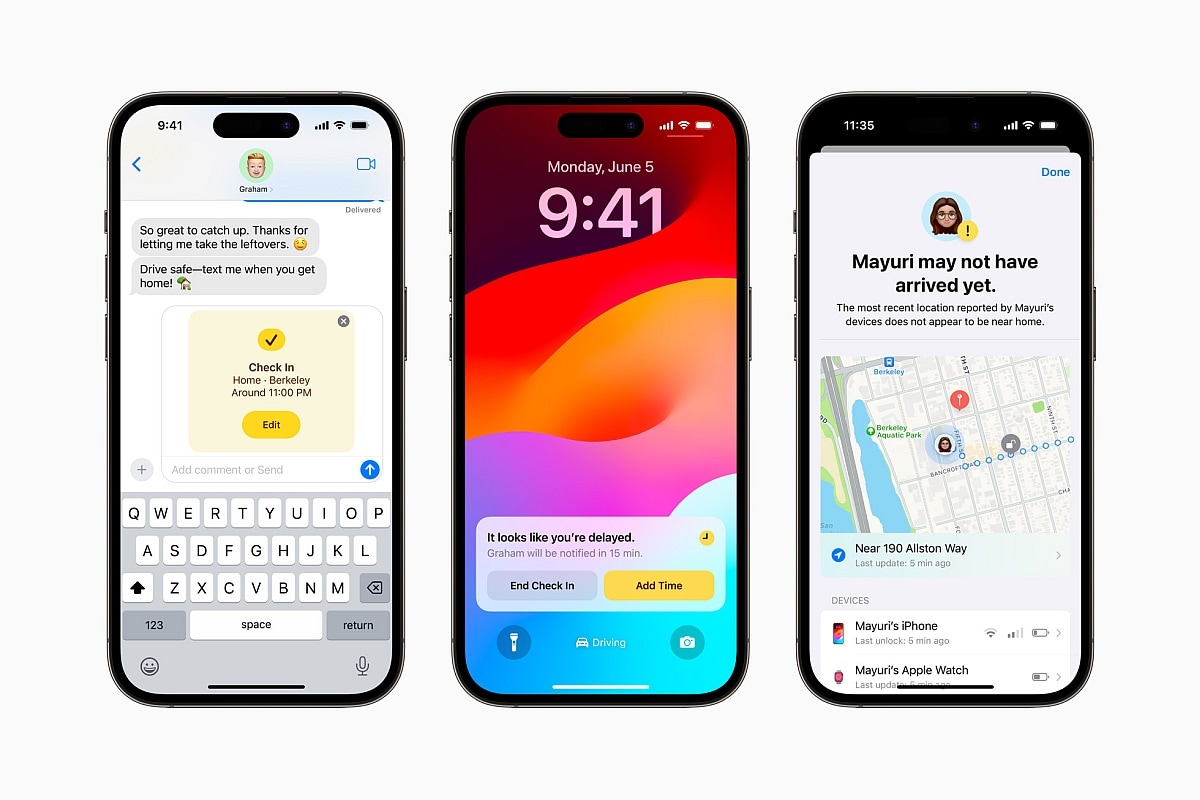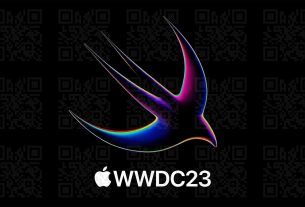
Apple is working on allowing users in the European Union to sideload iPhone apps onto the company’s smartphones, Bloomberg’s Mark Gurman states in his weekly newsletter. The ability to install apps that are not hosted on Apple’s own App Store will make its way to iPhone owners for the first time, as the company has to adhere to recent EU regulations. The ability to sideload apps is not expected to roll out to users in other regions, unlike Google’s Android operating system.
In the subscriber-only version of his weekly Power On newsletter (via MacRumors), Gurman states that iPhone users in the EU will be allowed to sideload apps in H1 2024, allowing users to install apps that aren’t allowed on the App Store. The claim contradicts a recent report that stated iOS 17.2 could add support for sideloading for EU residents when it arrives next month, but it appears that the code that was spotted at the time was related to managed devices for organisations.
According to Gurman, Apple will allow EU users to sideload apps through a “highly controlled system” — this suggests that these apps will still be subject to some security checks, as Apple has previously argued that external app sources could introduce security issues on the platform. Both Apple’s payment services and the Messages app are also expected to see some changes as required by the EU’s Digital Markets Act (DMA).
Recently, development of Apple’s iOS 18 update was reportedly paused to resolve several bugs in Apple’s code. The company is said to be working on “major new features and designs” — the upgrade to the operating system for its smartphones is likely to bring an overhaul to the user interface as well as several new AI-powered features.
Both Google and Microsoft recently began to roll out AI-powered features to their operating systems in the form of Google Assistant with Bard and Microsoft Copilot. Gurman says that Apple’s iOS 18 update needs to be “extra impressive” as the iPhone 16 series — the company’s purported smartphones that are likely to succeed the iPhone 15, iPhone 15 Plus, iPhone 15 Pro, and iPhone 15 Pro Max — is not expected to bring major hardware upgrades next year.



